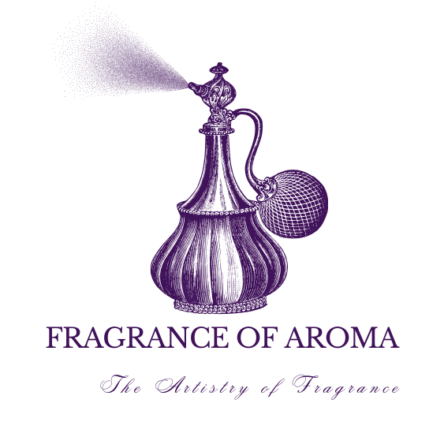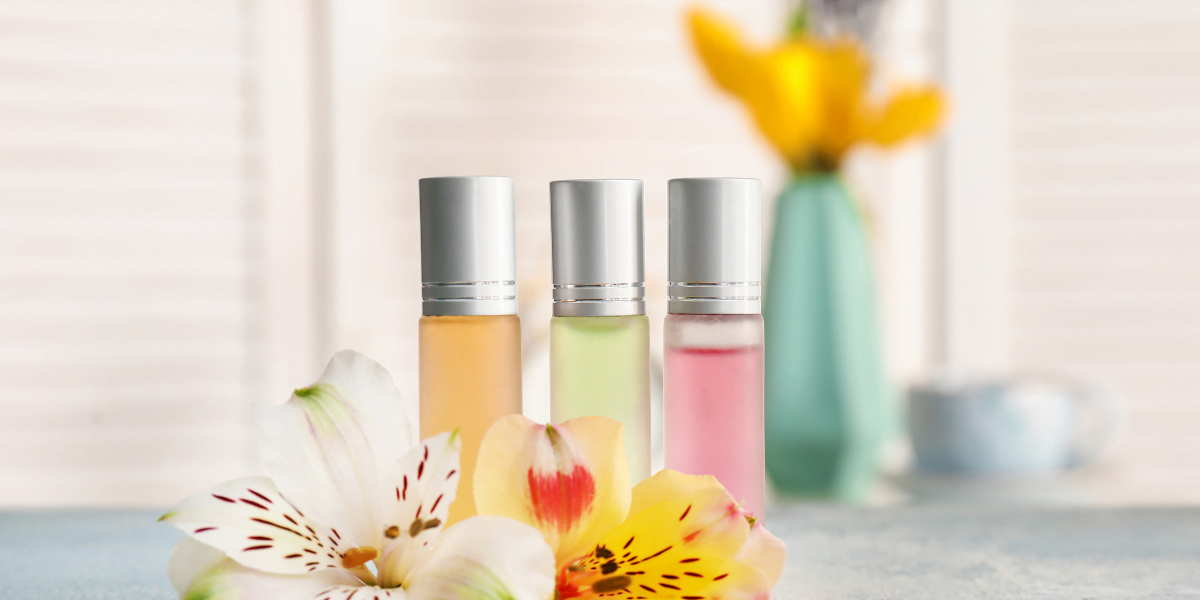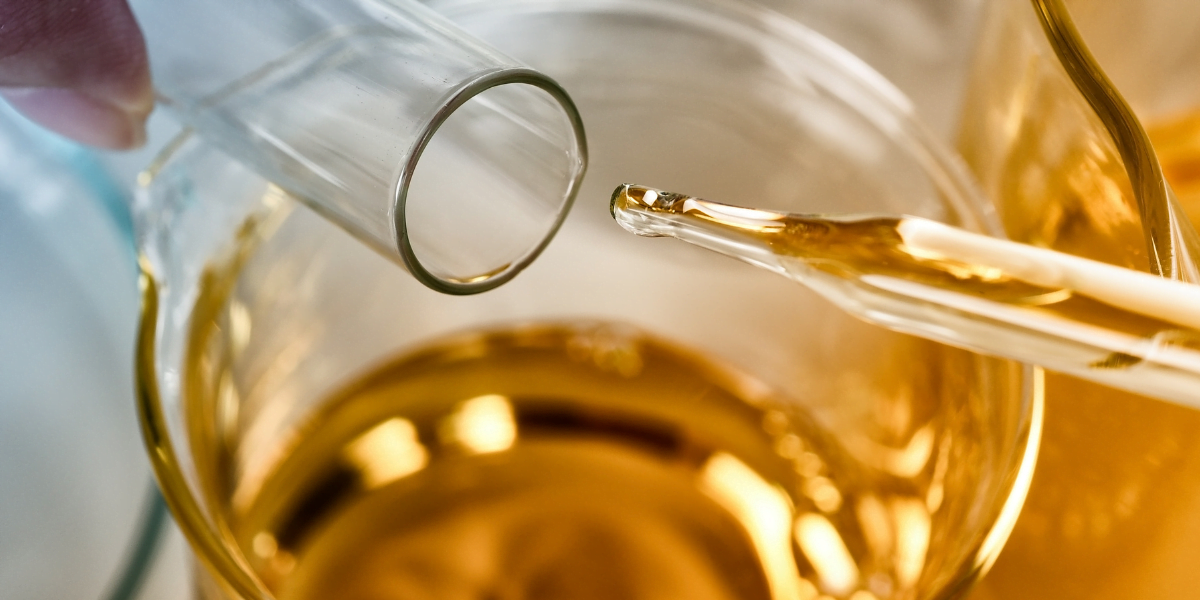As a consumer, discerning between natural and synthetic fragrances can be a daunting task. While you may assume that natural fragrances are automatically better for you, the reality is not so straightforward. It is important to understand that both natural and synthetic fragrances have their own set of pros and cons. Several studies have shown that synthetic fragrances may contain harmful chemicals that can cause allergic reactions and even potential long-term health risks. On the other hand, natural fragrances may seem like the safer choice, but they also have their own set of drawbacks. In this blog post, we will delve into the dangers of synthetic fragrances, the potential health benefits of natural fragrances, and provide you with the information you need to make an informed decision about the fragrances you choose to use.
Understanding Natural Fragrances
For many people, the idea of using natural fragrances has a certain appeal. You may believe that natural scents are inherently better for you and the environment. However, before making that assumption, it’s important to understand what natural fragrances really are and how they differ from their synthetic counterparts.
Definition and Sources
Natural fragrances are derived from plants, flowers, fruits, and other organic sources. These scents are extracted through various methods such as steam distillation, cold pressing, or solvent extraction. The sources of natural fragrances can include essential oils, absolutes, and resins. When you see “natural” on a fragrance label, it typically means that the aroma compounds are derived from these organic sources. It’s important to note that just because a fragrance is labeled as natural, it does not necessarily mean it is free from synthetic ingredients. Companies can still use some synthetic components and call the fragrance natural as long as a certain percentage of the ingredients are derived from organic sources.
Benefits of Natural Fragrances
One of the main benefits of natural fragrances is the lack of potentially harmful chemicals. Many synthetic fragrances contain phthalates, parabens, and other synthetic musks that have been linked to allergies, hormone disruption, and other negative health effects. Natural fragrances, on the other hand, are less likely to cause allergic reactions and often have therapeutic properties. For example, essential oils such as lavender and peppermint are known for their calming and invigorating effects. Additionally, natural fragrances are usually more environmentally friendly as their production processes tend to have a smaller carbon footprint compared to synthetic alternatives.
Understanding Synthetic Fragrances
Some people are wary of synthetic fragrances, believing them to be harmful and inferior to natural alternatives. However, it is important to understand the composition, creation, and advantages of synthetic fragrances to make an informed decision about their use.
Composition and Creation
Synthetic fragrances are made using a combination of man-made chemicals to replicate the aroma of natural ingredients. These chemicals are often derived from petroleum and other sources. The creation of synthetic fragrances involves a complex process of blending, distillation, and extraction to achieve the desired scent. The precise composition of synthetic fragrances is usually kept confidential by manufacturers, as they are considered proprietary secrets.
Advantages of Synthetic Fragrances
One of the main advantages of synthetic fragrances is their ability to replicate a wide range of scents at a lower cost compared to natural alternatives. They also provide more consistency in scent, as natural fragrances can vary depending on environmental factors and growing conditions. Additionally, synthetic fragrances can be created to have a longer-lasting scent, making them popular in perfumes, colognes, and scented products.
It is important to note that some synthetic fragrances may contain potentially harmful chemicals, such as phthalates, which have been linked to health concerns. However, not all synthetic fragrances are created equal, and advancements in technology have allowed for the development of safer alternatives.
When considering synthetic fragrances, it is essential to weigh the pros and cons and make an informed decision based on your personal preferences and values.
Comparative Analysis
After comparing natural and synthetic fragrances, it’s important to look at the differences between the two. Here is a breakdown of the comparative analysis:
| Natural Fragrances | Synthetic Fragrances |
| Derived from natural sources such as plants and essential oils. | Created using synthetic chemicals in a laboratory setting. |
| Less likely to cause allergic reactions or skin irritations. | Possibility of triggering allergic reactions or skin sensitivities due to synthetic compounds. |
| Environmentally friendly and sustainable sourcing of ingredients. | May have negative environmental impacts due to chemical production and waste. |
| May not last as long as synthetic fragrances. | Known for their longevity and staying power. |
Health and Environmental Impacts
When it comes to health and environmental impacts, natural fragrances are a safer and more eco-friendly option. Your health is less likely to be adversely affected by natural fragrances, as they are derived from organic sources and do not contain synthetic compounds. Additionally, the sustainable sourcing of natural fragrance ingredients makes them more environmentally friendly, with less negative impact on the planet. On the other hand, synthetic fragrances may contain harmful chemicals that can affect your health and have negative environmental consequences. These chemicals can linger in the air and water, contributing to pollution and potential harm to ecosystems.
Performance and Longevity
While natural fragrances may offer a more subtle and delicate scent, they may not last as long as synthetic fragrances due to their organic composition. However, this also means that they are less likely to overwhelm your senses or cause headaches. On the other hand, synthetic fragrances are known for their longevity and staying power, providing a stronger and longer-lasting scent. If you’re looking for a fragrance that will last throughout the day, a synthetic option might be more suitable for you. Keep in mind that the intense and longer-lasting nature of synthetic fragrances can also contribute to air pollution indoors and outdoors, affecting both your health and the environment.
Consumer Perceptions and Market Trends
Unlike synthetic fragrances, natural fragrances are perceived to be safer and healthier alternatives. With an increasing focus on wellness and environmental sustainability, there is a growing demand for natural fragrance products in the market. As consumers become more conscious of the ingredients in their personal care products, they are seeking out natural alternatives, driving the demand for natural fragrance products.
Public Attitudes Towards Fragrances
Public attitudes towards fragrances have been shifting towards a preference for natural fragrances. This is driven by concerns over potential health risks associated with synthetic fragrances, as well as a desire for more environmentally friendly products. Many consumers are now seeking out natural fragrances, believing them to be safer and better for their overall well-being. As a result, the market for natural fragrances has seen a significant uptick in recent years, reflecting a shift in consumer preferences.
The Role of Labeling and Marketing
The way fragrances are labeled and marketed plays a crucial role in shaping consumer perceptions. Many companies are now prominently featuring the use of natural ingredients in their fragrance products, capitalizing on the growing consumer demand for natural options. However, it’s important to note that not all products labeled as “natural” may be entirely free from synthetic chemicals. It’s essential to scrutinize product labels and marketing claims to ensure that you are truly getting a natural fragrance product. Understanding the role of labeling and marketing can help you make more informed purchasing decisions when it comes to fragrances.
Conclusion
With these considerations in mind, it’s clear that the debate between natural and synthetic fragrances can be quite complex. While natural fragrances may offer a certain level of transparency and environmental sustainability, the safety and consistency of synthetic fragrances cannot be overlooked. Ultimately, the decision of whether natural fragrances are better than synthetic ones will depend on your personal values and priorities. Whether you prioritize the use of natural ingredients or are looking for a specific scent that can only be achieved through synthetic means, there are pros and cons to be weighed. It’s important to do your own research and make an informed decision based on your individual needs and beliefs.
FAQ
Q: Are natural fragrances really better than synthetic ones?
A: Natural fragrances are often considered better than synthetic ones due to their lower impact on the environment and potential health benefits. Additionally, natural fragrances may have a more complex and unique scent profile compared to synthetic fragrances.
Q: What are the potential drawbacks of natural fragrances compared to synthetic ones?
A: One potential drawback of natural fragrances is their limited availability and higher cost due to sourcing and extraction methods. Additionally, natural fragrances may have a shorter shelf life and less consistent scent compared to synthetic fragrances.
Q: Are there any health concerns associated with synthetic fragrances?
A: Some synthetic fragrances may contain harmful chemicals that can cause allergic reactions or irritation in sensitive individuals. Long-term exposure to certain synthetic fragrance compounds may also have potential health risks. As a result, natural fragrances are often perceived as a safer and healthier alternative.




















